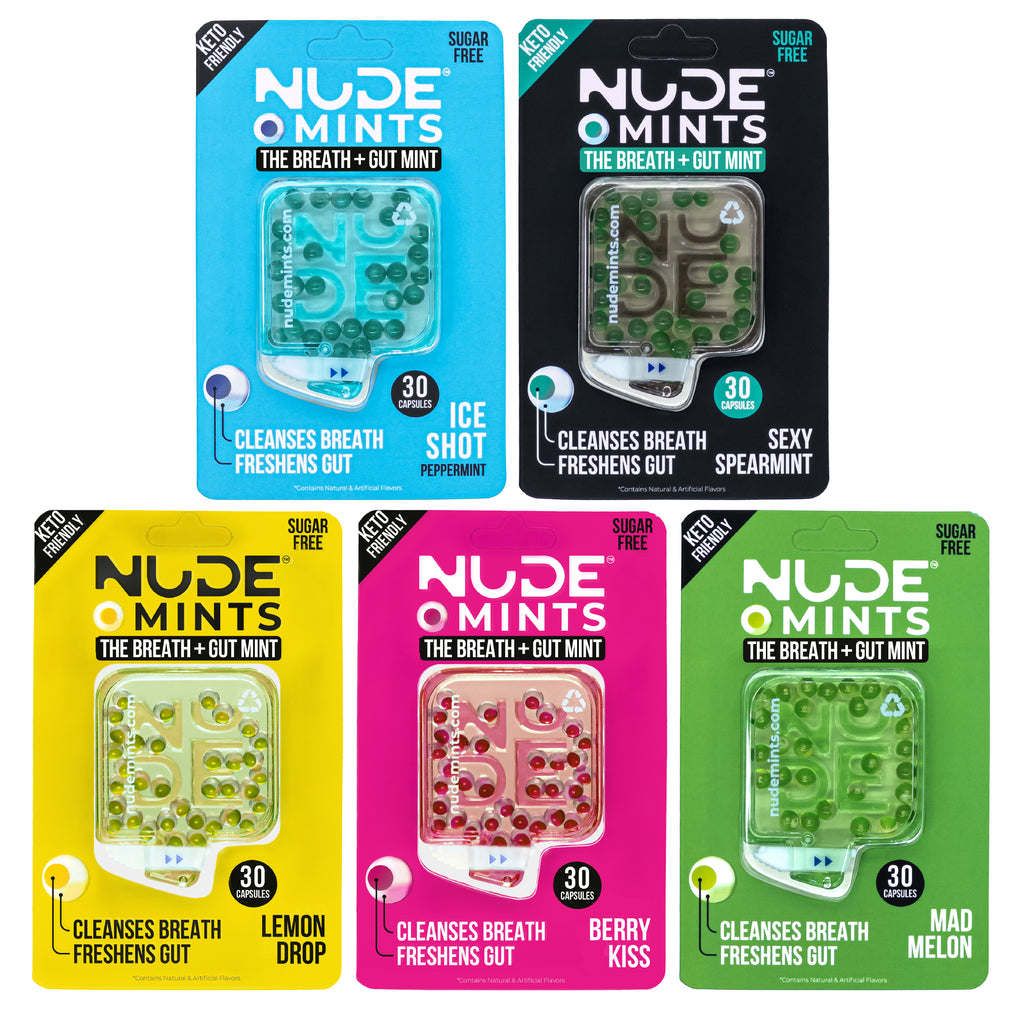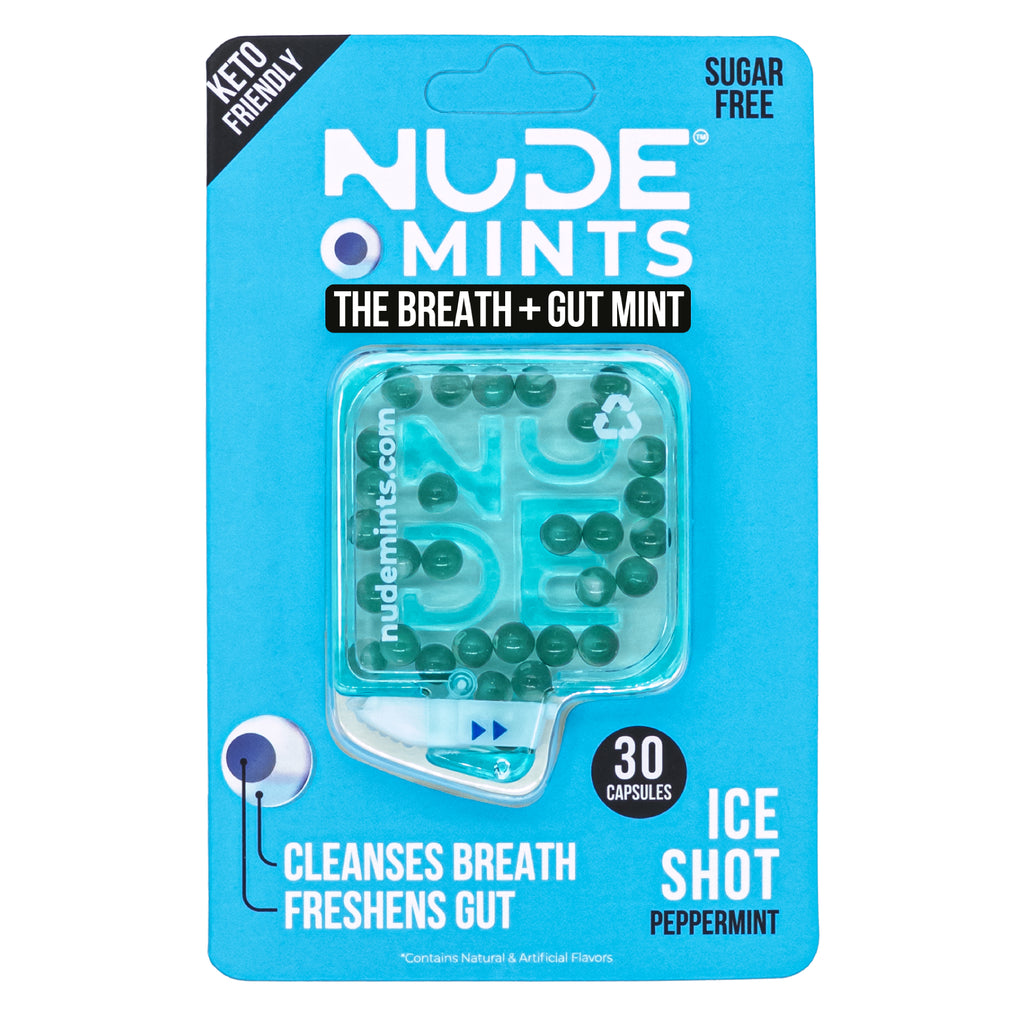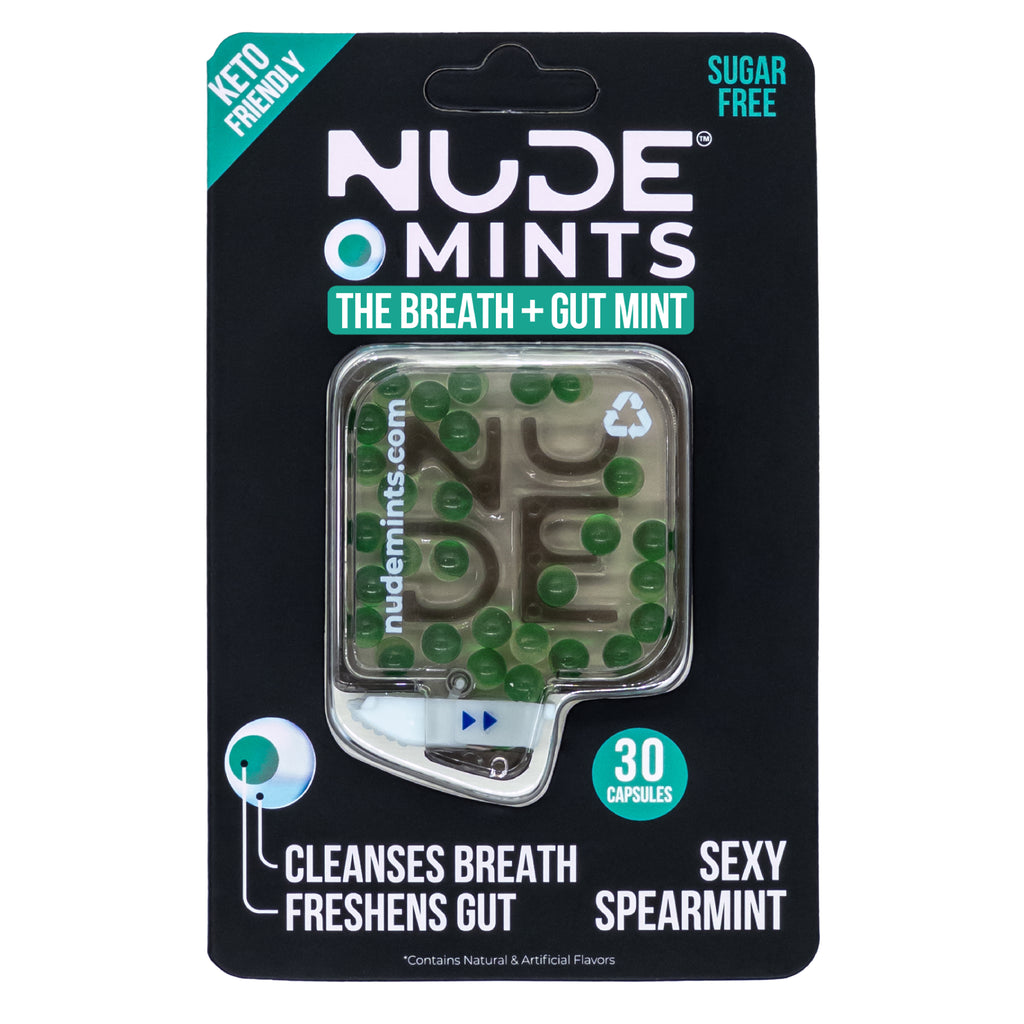Five Ways to Cure Bad Breath on the Spot
-
Bad breath is a common problem that affects people of all ages. It can be embarrassing, uncomfortable, and can make you feel self-conscious in social situations. Fortunately, there are several ways to cure bad breath on the spot. In this article, we'll provide you with five proven ways to get rid of bad breath fast and easily.

Brush and Floss Regularly
The most common cause of bad breath is poor oral hygiene. When food particles are left in your mouth, bacteria start to grow, which can lead to bad breath. Therefore, it's essential to brush your teeth twice a day and floss once a day. Make sure to brush your tongue and the roof of your mouth as well, as bacteria can also accumulate there.
Use a Mouthwash
Mouthwash is a quick and easy way to freshen up your breath. It kills bacteria in your mouth and leaves your breath smelling fresh. Choose a mouthwash that contains antibacterial ingredients for maximum effectiveness. Use it after brushing and flossing to get the best results.
Chew Sugar-Free Gum
Chewing sugar-free gum can help to stimulate saliva production, which can help to neutralize the acids in your mouth and wash away food particles. It's a quick and easy way to freshen up your breath after a meal or when you're on the go. Look for gum that contains xylitol, which is a natural sweetener that can also help to prevent tooth decay.
Drink Plenty of Water
Drinking water can help to flush out the bacteria and food particles in your mouth, which can lead to bad breath. It's also important to stay hydrated to ensure that your body produces enough saliva, which is essential for keeping your mouth healthy. Aim to drink at least eight glasses of water a day to maintain good oral health.
Watch What You Eat
Certain foods can cause bad breath, such as onions, garlic, and spicy foods. Avoid these foods if you're worried about bad breath. Instead, choose foods that are high in fiber, such as fruits and vegetables, which can help to stimulate saliva production and keep your mouth healthy.
Conclusion
Bad breath can be effectively cured on the spot with a combination of regular oral hygiene, the use of mouthwash and sugar-free gum, staying hydrated, and watching what you eat. For an added fresh breath boost, try Nude Mints, a sugar-free alternative to traditional mints. With these tips and tricks, you can feel confident and comfortable in any social situation.
Say goodbye to bad breath with Nude Mints - sugar-free alternative to traditional mints. Try them now and experience the difference for yourself. Order your pack of Nude Mints today and enjoy fresh breath all day long!
Get the freshest news on your favorite mouth cleanser and gut freshener!
Read More
-
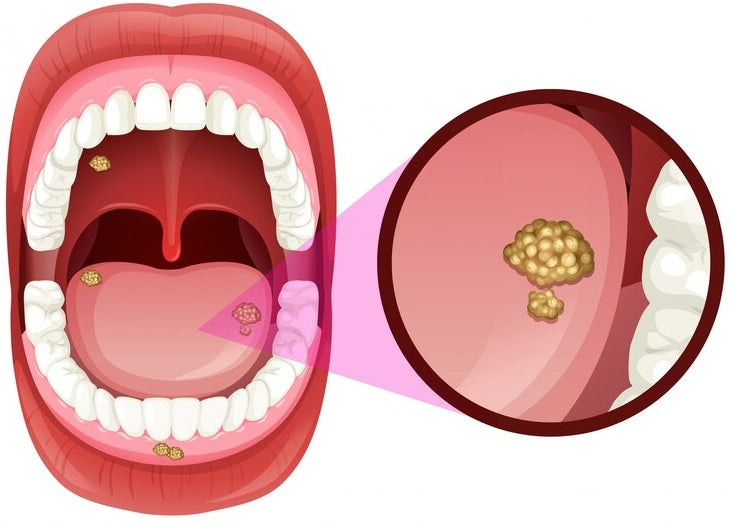
Halitosis: Understanding the Causes, Diagnosis, and Treatment for Fresh Breath
Halitosis, commonly known as bad breath, is a condition that affects a large number of people worldwide. It can be an embarrassing and isolating experience, but it is important to know that it is a common problem and that there are effective treatments available. In this article, we will discuss the causes, diagnosis, and treatment of halitosis. Causes of Halitosis Halitosis can have several causes, both internal and external. The most common causes include poor oral hygiene, dry mouth, certain foods and drinks, smoking, and certain medical conditions. Poor Oral Hygiene Poor oral hygiene is the most common cause of halitosis. When food particles and bacteria build up in the mouth, they can cause an unpleasant odor. Brushing and flossing...
-
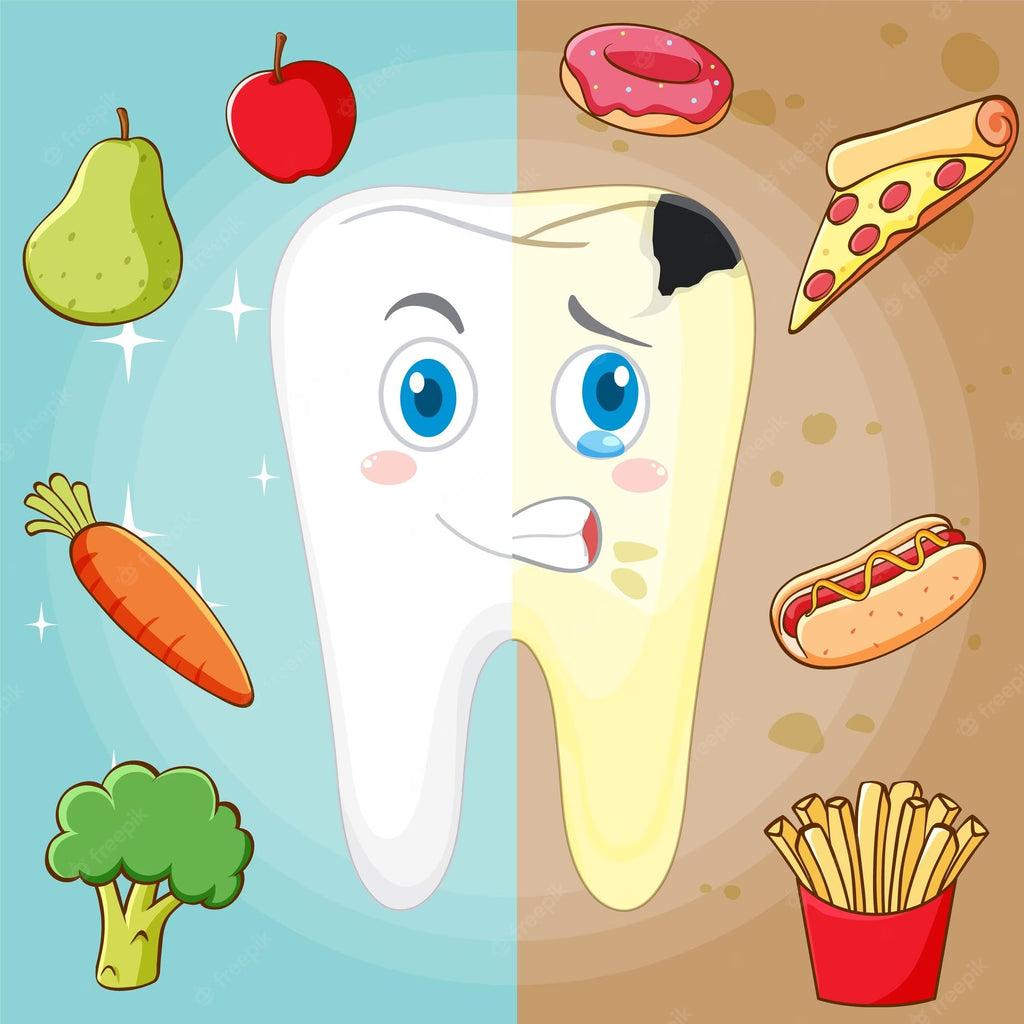
Crucial Connection Between Nutrition and Oral Health: Guide for Better Dental Care
As a dental health professional, we understand the importance of maintaining good oral hygiene to prevent cavities and gum disease. Brushing twice a day and flossing daily are essential habits, but did you know that nutrition also plays a crucial role in keeping your mouth healthy? In this article, we will explore the connection between nutrition and oral health and how you can make better food choices to support your dental health. How Nutrition Affects Oral Health Your diet can impact your oral health in many ways. A diet high in sugary and acidic foods can increase the risk of tooth decay and gum disease. When you eat sugary foods, the bacteria in your mouth feed on the sugar and...
-
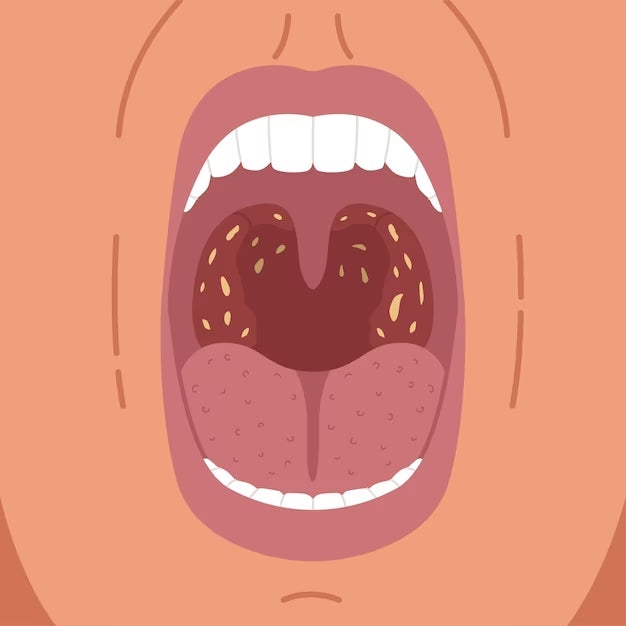
How to Treat Bad Breath Caused by Dry Mouth
Do you ever feel self-conscious about your breath? Do people avoid talking to you because of bad breath? Dry mouth, also known as xerostomia, can cause bad breath and make social interactions uncomfortable. In this article, we will discuss what causes dry mouth, how it leads to bad breath, and what you can do to treat it. Table of Contents What is dry mouth? Causes of dry mouth How dry mouth causes bad breath Signs and symptoms of dry mouth Diagnosis of dry mouth Treating dry mouth Home remedies for dry mouth Professional treatments for dry mouth Tips for maintaining oral hygiene Foods and drinks to avoid with dry mouth Conclusion FAQs What is dry mouth? Dry mouth occurs when...
-
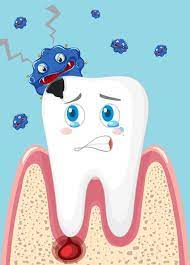
The Relationship Between Diabetes and Gum Disease: Understanding the Link
Diabetes and gum disease are two conditions that may seem unrelated, but research has shown that they are actually closely linked. In fact, individuals with diabetes are more likely to develop gum disease, and those with gum disease are more likely to have difficulty controlling their blood sugar levels. This article will explore the connection between diabetes and gum disease, and provide insights on how you can reduce your risk of developing both. The Relationship Between Diabetes and Gum Disease Diabetes is a condition that affects the body's ability to produce or respond to insulin, a hormone that regulates blood sugar levels. When blood sugar levels are consistently high, it can lead to a range of health complications, including nerve...
